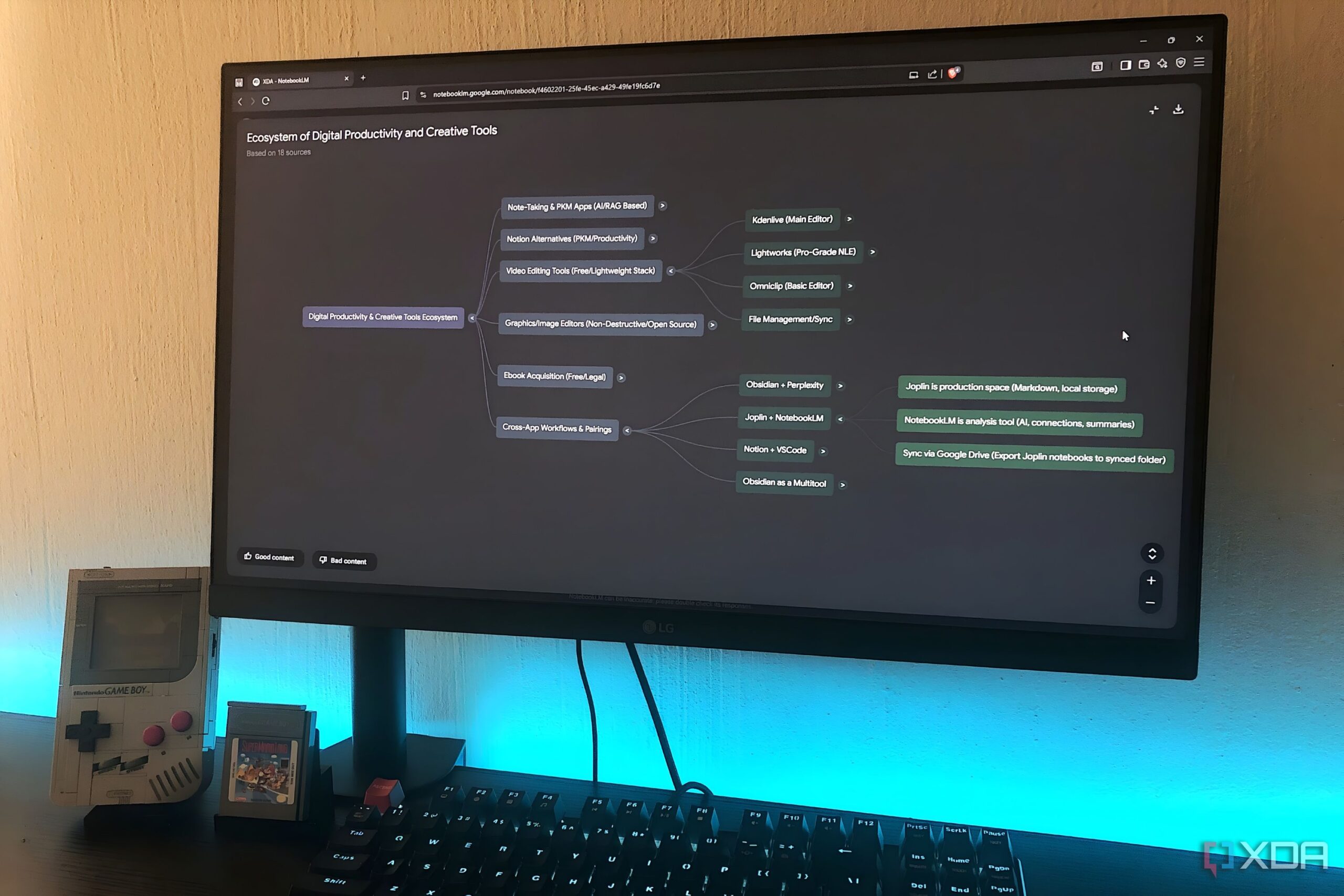URGENT UPDATE: President Donald Trump has made headlines by purchasing over $82 million in municipal and corporate bonds this autumn, as revealed in newly released ethics disclosures. The data, published by the U.S. Office of Government Ethics, has sparked fresh scrutiny over potential conflicts of interest.
This latest financial maneuver includes significant investments in major corporations such as Netflix, Boeing, Meta, UnitedHealth, Home Depot, Broadcom, and Intel. Notably, some of these companies are directly impacted by policies enacted during Trump’s presidency. For instance, the U.S. government recently acquired nearly 10% of Intel’s shares, raising questions about the intersection of government action and market pricing.
The disclosures, dated October 17 and October 20, outline broad dollar ranges for the transactions, a requirement for federal officials. Notably, Trump did not report any asset sales, which is a departure from previous presidents who traditionally divested assets or placed them in blind trusts.
These revelations come at a time when the government is navigating complex economic landscapes, amplifying concerns about how Trump’s financial interests may align or conflict with his administration’s policies. This development could fuel additional scrutiny on companies like Intel, as the balance between government involvement and industrial policy continues to evolve.
While the findings do not introduce new policies, they raise important questions about transparency and ethical governance. The implications of Trump’s bond purchases extend beyond mere financial interests; they tap into wider discussions about accountability and the ethical responsibilities of public officials.
As details continue to unfold, observers are left wondering: what will be the impact of Trump’s financial decisions on the markets and public trust? The urgency surrounding these disclosures indicates that this story is far from over.
Stay tuned for further updates as more information becomes available, and consider the broader implications of Trump’s financial strategies on U.S. economic policy.






